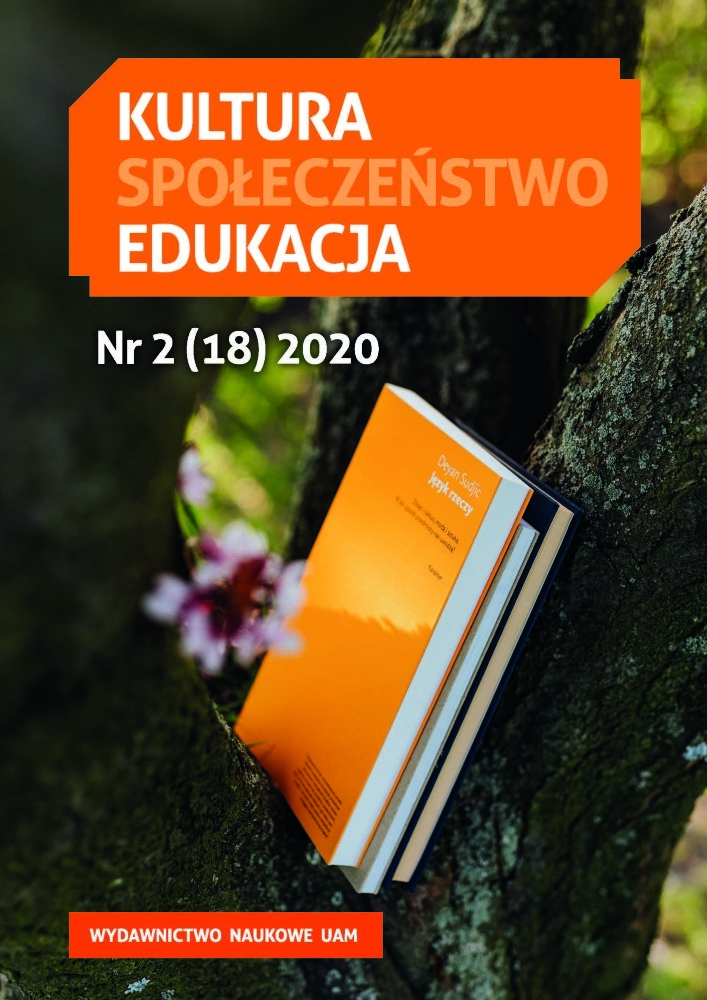Abstrakt
The main purpose of the present study is to understand ‘empowerment’ as observed in theory and in actual practice in the society where women are still regarded as second-class citizens inspite of achieving success in their chosen fields. Her freedom in choice of decision-making within the family and civil society plays an important part in influencing her participation in politics and her voting behaviour. By political activism of the respondent we primarily mean her cognitive orientation (i.e. her knowledge about political parties, symbols, their stay in power and their judgements about political system), evaluative orientation on how political system works including her voting behaviour and partisan preference. Survey was carried by the researcher on 1000 women working in both the organised and unorganised sectors of the economy mainly among street vendors and domestic workers and bank employees and teachers in Kolkata. Results: Women working in both the sectors play dual role looking after their children, elders in the family, husbands and also contribute to the expenditure but lack effective power in decision-making. They consult their husbands, elder members of the family or the community before casting their vote and are notguided by individual preference or choice.
Bibliografia
Advancing Gender Equality: World Bank Action since Beijing (2000), Washington D.C. Progress in the World’s Women 2000, UNIFEM Biennial Report, New York.
Baden S., Oxaal Z., Gender and Empowerment: definitions, approaches and implications for policy BRIDGE (development-gender) Institute of Development Studies, University of Sussex, Brighton.
Banerjee N. (1997), Indian Journal of Labour Economics, 40,3, pp. 427–438.
Bhowmick S. (2010), Hawkers and the Urban Informal Sector. A Study of Street Vending in Seven Cities (NASVI).
Butler J. (1990), Gender Trouble: Feminism and the Subversion of Identity, London.
Campbell A., Converse P.F., Miller W.E., Stokes D.E. (1961), The American Voter New York Wiley, pp. 256.
Chhibber P. (2012), Why Some Women Are Politically Active: The Household, Public space and Political Participation in India. Department of Political Science, University of California, Berkeley.
Christy C.A. (1984), Economic Development and Sex Differences in Political participation, „Women and Politics”, 4, pp. 7–34.
Dashora B.K. (2013), Problems Faced by Working Women in India, „International Journal of Advanced Research in Management and Social Studies”, vol. 2, no. 8.
Drude D. (ed.) (2006), Women, Quotas and Politics, New York–London.
Duflo E., Chattopadhyay R. (2004), Women As Policy Makers: Evidence from a Randomized policy Experiment In India’ Econometrica, vol. 72, no. 5.
Eakin T.C. (1972), Students and Politics: A Comparative Study, Bombay.
Goel M.L. (1974), Political participation in a Developing Nation: India, New Delhi.
Hazra G., Mondal A. (2012), Does Educated Women Play a Significant Role in Household Decision-making: An Empirical Study of Kolkata Slum Areas’, „International Journal of Research in Commerce and Management”, vol. 3, issue 2.
Jain D. (2005), What Does It Take to Become a Citizen? Some neglected collective identities in building “nation”, at a seminar on Democracy, Communalism, Secularism and the Dilemmas of Indian Nationhood, New Delhi.
Kabeer N. (2000), The Power to Choose: Bangladeshi Women and Labor Market decisions in London and Dhaka, Verso.
Klausen J., Maier C.S. (2001), Has liberalism failed Women Representation in Europe and the US, New York.
Lane R.E. (1961), Political Life, Illinois.
Mumtaz K.A., Ayesha N. (1982), Status of Rural Women in India, New Delhi.
Parida Subhas C., Nayak S. (2009), Empowerment of women in India, Delhi Northern Book Centre.
Ray R. (2000), Field of Protest: Women’s Movement in India, Kali for Women, New Delhi.
Sen A. (1984), Poverty and Famines: An Essay in Entitlement and Deprivation, New York.
Sen A. (1990), Gender and Cooperative Conflicts, in: Persistent Inequalities, ed. I. Tinker, New York.
Sen S. (2000), Toward a Feminist Politics? The Indian Women’s Movement in Historical Perspective in “Engendering Development”. Policy Research Report on Gender and Development, „Working Paper Series”, no. 9, http://www.worldbankorg/gender/prr.
Suchinmayee R. (2008), Gender, Human Rights and Environment, New Delhi
Woodward J.L. et. al. (1972), Political activity of the American Citizens, in: Political Behavior, eds. H. Eulau, S.J. Eldersvela, M. Janowitz, New Delhi.
Licencja
Prawa autorskie (c) 2020 Anasua Chatterjee

Utwór dostępny jest na licencji Creative Commons Uznanie autorstwa – Bez utworów zależnych 4.0 Międzynarodowe.

